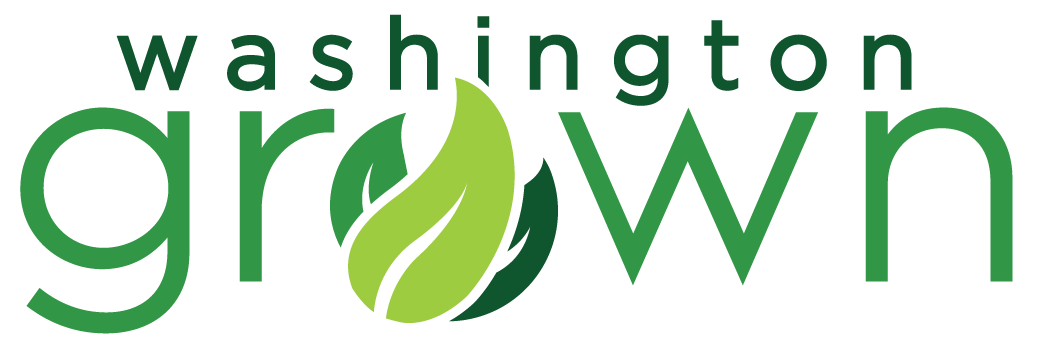The Secret to Success

Good rotations. Good technology.
Just outside of Coulee City in Eastern Washington you will find the Isaak Brothers Farm. Nestled alongside Banks Lake, the multigenerational farm is home to dryland wheat and irrigated crops galore. We caught up with them during the heart of sunflower season, which is a key crop in their rotation.
“There’s a lot of sunflowers in a 125-acre field,” laughed Brad Isaak. He and his brother are the fourth generation to work the land. “Wheat is the main crop in our area, so all our dry land is wheat. With irrigation, we’re able to grow a few different crops. We grow sunflowers. We grow canola. Potatoes are growing on our ground. We grow a couple of thousand acres of timothy hay and alfalfa hay.” By rotating these crops, the Isaaks are able to cut disease, insect and weed pressures naturally.
With technology changing so rapidly, the changes have impacted the industry and the environment dramatically.
“In my life, probably the biggest change is the unity of technology and mechanization,” said Isaak. “Our tractors drive themselves. They draw perfectly straight lines. They’re actually driven by GPS. None of us as growers and none of us as people want to be wasteful with our resources and everything else. You go back 40 years ago, you had to apply a certain amount of fertilizer across your whole field. Now we can actually specialize and put fertilizer on exactly what that individual crop and plant needs.”
Washington is a unique state with many unique characteristics that make growing food ideal. A good climate and healthy soils allow us to grow more crops than almost any other state in the nation. We can grow more than 300 different crops, making us second only to California in the diversity of food we can grow. Our water supply is another factor that sets us apart.
“We have really good water,” said Isaak. “Our water is really stable, and we have the ability to have a lot of water.” In fact, for the Columbia Basin Project (CBP), roughly 3 percent of the Columbia River is diverted to irrigate nearly 700,000 acres of land in Central Washington. The CBP serves thousands of farms, and much of the water that is diverted eventually finds its way back into the river system. On many farms like the Isaak's, the stable water supply has allowed them to grow and focus on rotations and new practices.
“My dad has always said if you’re not growing, you’re going backwards because the world’s growing,” said Isaak. ”People outside the agricultural community use words like sustainability and everything else, and sustainability is the word we have to have. This field has to be producing not for my lifetime, but for my children’s lifetime and their children’s after that."
